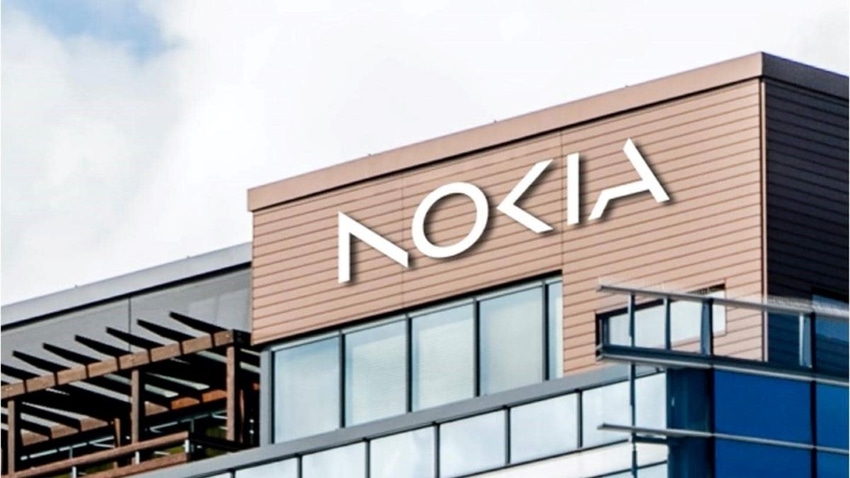Eurobites: Nokia gets the nod at Deutsche Glasfaser
Also in today's EMEA regional roundup: Ericsson expands 3G/4G networks in Jordan; Spanish startups unhappy with Microsoft's cloud practices; Wayve attracts $1.05 billion in funding.

Deutsche Glasfaser has chosen Nokia to engineer the guts of its new nationwide fiber broadband network. The Finnish vendor is contracted to provide a range of fixed access and IP network products, including its latest PON fiber offering, as it swaps out kit from two unnamed competitors. Deutsche Glasfaser hopes to triple its installed base of 2 million homes passed with fiber following a €7 billion ($7.5 billion) investment from its owners EQT and Omers.
Ericsson has landed a 3G/4G networks gig in Jordan, for local operator Umniah. The networks will be expanded in Jordan's major cities, using Ericsson gear and additional spectrum that includes 5MHz refarmed from 3G to 4G.
Microsoft has come under antitrust fire in Spain for the way it conducts its cloud business, with the Spanish Startup Association accusing it of anti-competitive practices. The group's complaint, seen by Reuters, said: "Microsoft has not only taken advantage of the dominant position in the markets of Operating Systems (Windows) and traditional productivity software (Microsoft Office, Windows Server, SQL Server) to force the use of its Azure cloud, but they have also imposed artificial barriers that limit the ability of startups to compete fairly and competitively."
France's Ekinops has established a distribution partnership with Polish IT services company EUVIC. Through the partnership, EUVIC can offer the Ekinops360 range of open and fully interoperable optical transport products, including core, aggregation and central office.
Amazon is finally launching a proper, local version of its all-conquering e-commerce juggernaut in South Africa. Previously, Amazon shipped packages from its international depots, so customers had to pay import duties. In addition to the big global names, Amazon's oversized boxes will also bring popular local brands such as Amanda-Jayne and King Kong Leather to South African doorsteps.
UK AI company Wayve has attracted $1.05 billion in funding from SoftBank, Nvidia and Microsoft to develop the next generation of "AI-powered" self-driving vehicles. According to the UK government, which has firmly nailed its colors to the AI mast, it's the biggest single investment in a UK AI company yet. The announcement of the investment comes as the UK's Automated Vehicle Bill is set to conclude its passage through parliament in the coming weeks, a set of regulations that the government hopes will lay the foundation for Wayve and others to scale up their self-driving technology.
Responding to recent press speculation, satellite operator Eutelsat has cagily confirmed that it is looking at options to team up with external infrastructure investors in its ground network. In a statement, Eutelsat said: "At this time, this analysis is preliminary in nature, and there can be no certainty that it will lead to a specific outcome."
UK converged operator Virgin Media O2 says that it reduced Scope 1 and 2 carbon emissions by 23% year last year – a saving it equates to the annual energy use of almost 15,000 homes. It is also maintains that it is on track to meet its target of cutting such emissions by 60% by 2025. Among other actions, VMO2 says that last year it supported consumers to carry out 2.2 million "circular actions," the hip term for recycling old tech or buying refurbished smartphones.
Belgium's Proximus has come up trumps in fiber broadband speed tests conducted by Ookla. More than 160,000 tests were carried out on Proximus's fiber-to-the-home network between the beginning of February and the end of April 2024.
About the Author(s)
You May Also Like











